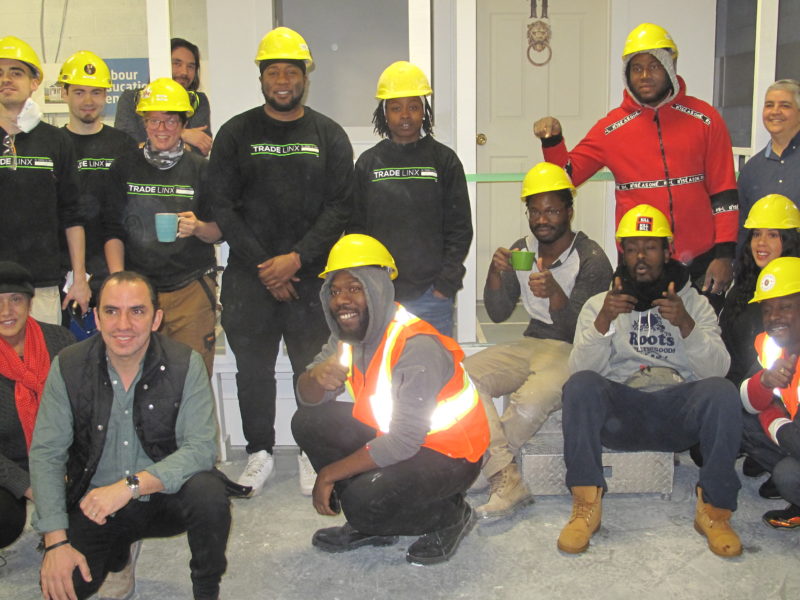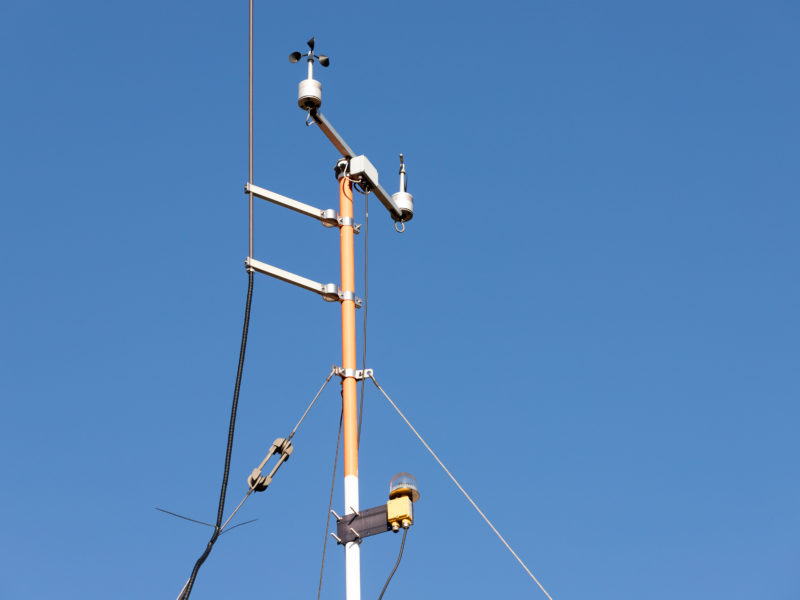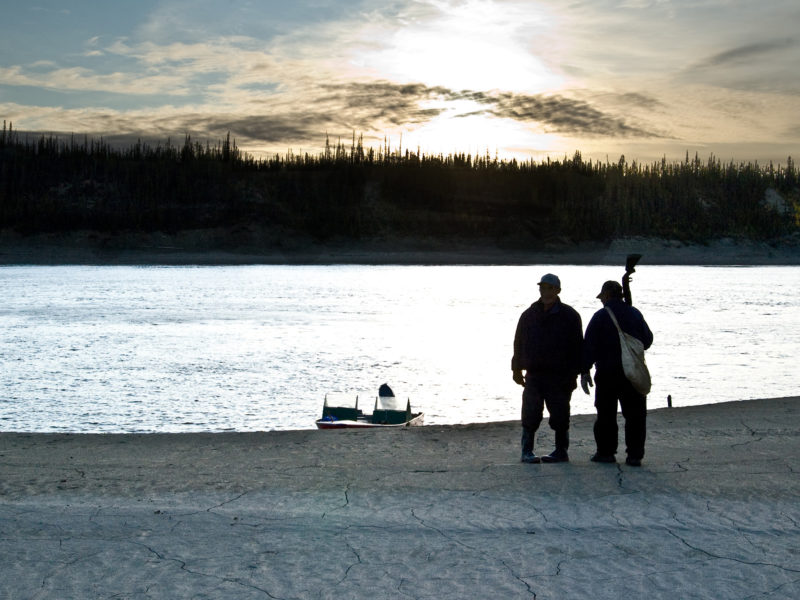Innovation Projects
Project
Health and Social Services Professionals’ Skills in Interprofessional Collaborative Practices in the Telehealth Context
This project focused on the challenges and necessary competencies for effective interprofessional collaboration in virtual care settings, which were highlighted by the rapid shift to virtual health care during the COVID-19 pandemic.
Project
Be EPIC: Dementia Training for Mid-Career Workers
Personal support workers (PSWs), who provide direct formal care to persons living with dementia (PLWD), are often under-trained on how to respond to the complex communication impairments and responsive behaviours of PLWD.
Project
Reimagining Experiential Learning in Online Learning for the Digital Economy
This paper synthesizes and identifies the gaps in the research on online experiential education.
Project
Lift/Futur en Tête: What Works for Work? Employment Integration in Youth Service Hubs Across Canada
Youth mental health is closely tied to young Canadians’ economic participation. Not only do mental health challenges act as a barrier to entering the labour market and pursuing educational credentials, but youth who are not in employment, education or training (NEET) are at greater risk for declines in mental health.
Project
Capacity building for Canadian small and medium-sized enterprises: Skills Bridge
This project sought to understand SME skills and training needs and barriers faced in accessing skills training and talent.
State of Skills
Sustainable Jobs for Economic Growth
Green-related skills and knowledge are growing in significance and are becoming widespread across many sectors and occupations, requiring more workers to upskill by building upon their existing competencies.
Project
Workforce 2030: Rapid Upskilling for Green-Building Occupations
By 2030, the Canada Green Building Council (CAGBC) estimates that with the appropriate framework and investments in place, the Canadian green-building industry could support approximately 1.5 million direct jobs. In Ontario alone, over 100,000 new construction workers are needed in the next 10 years to keep pace with future demand and retirements.
Project
Building Local Capacity for Community-based Micrometeorological Monitoring
Northwestern Canada is experiencing double the rate of climate warming compared to the global average, impacting water resources and regional climate. To track these changes, a network of ten eddy covariance (EC) towers—which allow for the tracking of greenhouse gases—were installed across the Northwest Territories. However, the lack of local expertise jeopardizes their upkeep and subsequently the data they track.
Project
Fisheries for Economic and Environmental Development in the North (FEED the North)
The FEED the North project, spearheaded by the Ocean Wise Conservation Association, targeted economic and environmental challenges in Nunavut, which were intensified by the COVID-19 pandemic and by climate change. This initiative aimed to merge traditional Inuit knowledge with Western science, enhancing sustainability in local fisheries and bridging Indigenous and Western environmental conservation methods.










